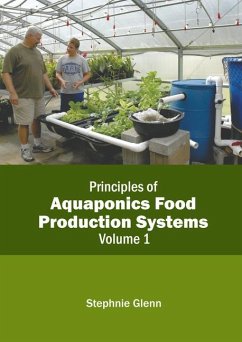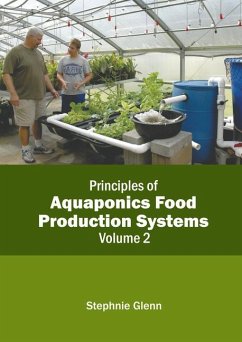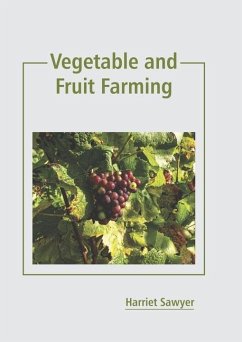Aquaponic food production systems integrate two production systems, namely, aquaculture and hydroponics in a single production system. Aquaculture is related to growing fish in a closed environment whereas hydroponics involves growing plants in a soil-less environment. Aquaponic systems offer an alternate technology solution for some of the major problems in the world such as population growth, urbanization, water shortages, land and soil degradation, environmental pollution, world hunger, and climate change. There are three major components of the aquaponics freshwater systems which include freshwater aquatic animals (such as fish), nitrifying bacteria, and plants. All these three living entities are dependent on each other for their survival. Bacteria consume the fish waste and generate nutrients which are used by the plants. As plants grow, nutrients are removed from the water, making it clean for the fish. Aquaponic food production systems are an intensive yet sustainable food production system. Moreover, aquaponics do not require soil and are therefore not susceptible to soil-borne diseases. This book outlines the principles of aquaponics food production systems in detail. It will provide comprehensive knowledge to the readers.
Hinweis: Dieser Artikel kann nur an eine deutsche Lieferadresse ausgeliefert werden.
Hinweis: Dieser Artikel kann nur an eine deutsche Lieferadresse ausgeliefert werden.








